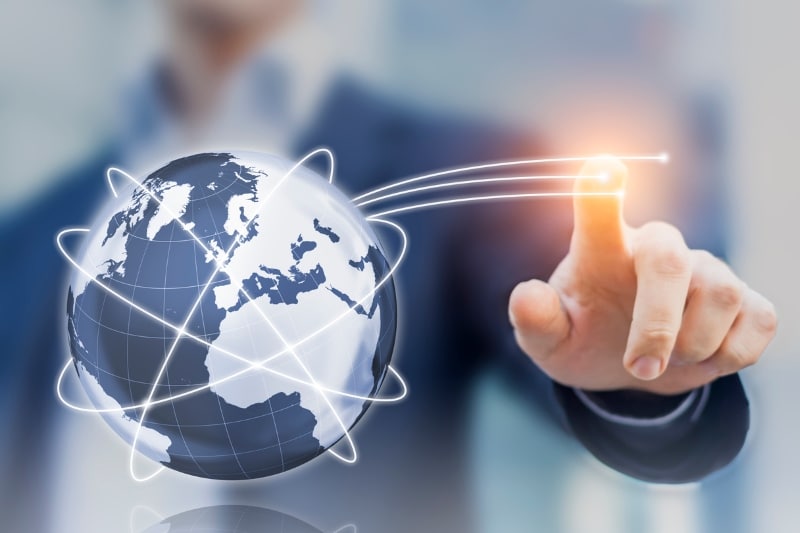The Philippines is strategically positioning itself as a regional hub for smart manufacturing and services, capitalizing on its advantageous geographic location and active participation in economic engagements. President Ferdinand Marcos Jr., during his keynote at the Indo-Pacific Business Forum in Taguig City, emphasized the significance of the Luzon Economic Corridor in driving this economic transformation.
The Luzon Economic Corridor, unveiled during a recent trilateral summit in Washington, U.S., stands as a pivotal initiative aimed at bolstering growth in key sectors such as export-manufacturing, logistics and renewable energy. This corridor strategically connects Subic, Clark, and the CALABARZON region, recognized as prime areas for fostering economic activities and attracting investments. By enhancing infrastructure connectivity within this corridor, the Philippines aims to solidify its position as a dynamic hub for agribusiness, logistics and related industries across the Asia-Pacific region.
President Marcos underscored the government’s commitment to creating an environment conducive to foreign investment, citing recent legislative reforms that promote ease of doing business and encourage greater participation from international investors. These reforms include measures allowing 100% foreign ownership of renewable energy sources, significantly boosting the country’s appeal as a destination for clean energy investments. The government’s vision includes increasing the share of renewable energy in the national power generation mix from 22% to 50% by 2040, signaling a clear commitment to sustainable development and green initiatives.
Moreover, the President emphasized the ongoing digital transformation efforts in the Philippines, highlighting the government’s strategy to enhance digital infrastructure, connectivity and overall business facilitation. The country’s robust experience and expertise in information technology and business process management (IT-BPM) sectors position it as a favorable destination for knowledge process outsourcing and other high-value services such as market intelligence, business analytics, legal services and artificial intelligence.
(Sources: Presidential Communications Office; The Philippine Star)

